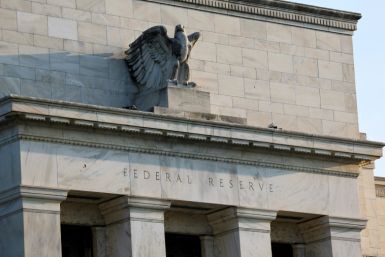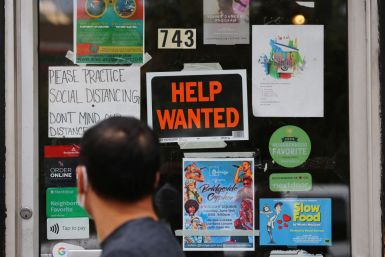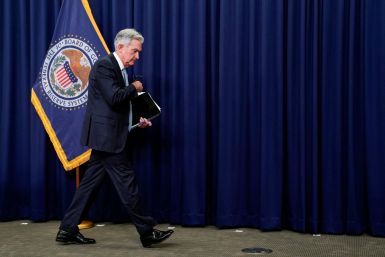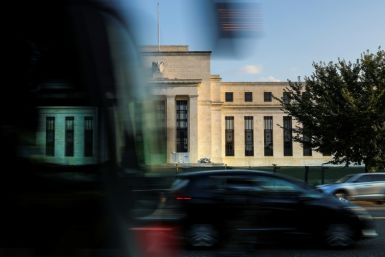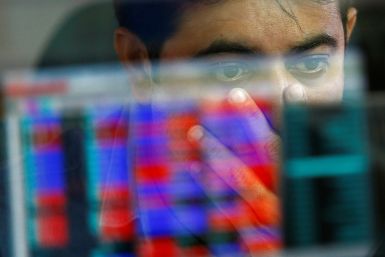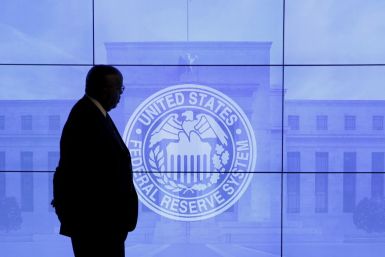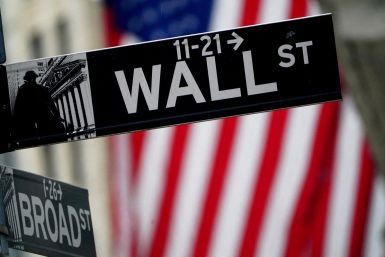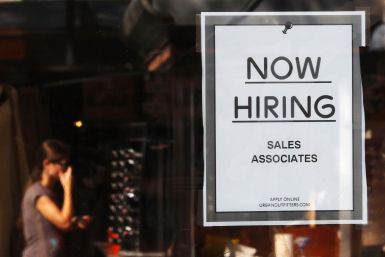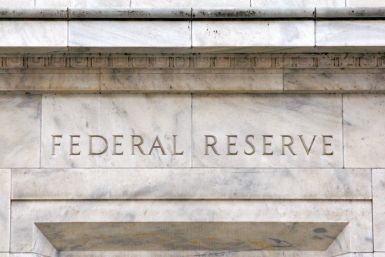Despite a red hot job market, more and more middle class Americans are living paycheck to paycheck.
The U.S. economy added 517,000 jobs in January, far exceeding economists' expectations of 187,000, while the unemployment rate fell to 3.4%.
FedEx, Rivian and REI saced hundreds of employees, citing profitability and consumer demands.
Tech Stocks Keep Rallying On Tesla Earnings, Soft Landing Hopes—What's Next?
The U.S. economy grew by 2.9% over the fourth quarter of 2022, largely boosted by an increase in consumer and government spending.
The amount of money sloshing around the U.S. economy shrank last year for the first time on record, a development that some economists believe bolsters the case for U.S.
France gears up for 'hellish' day of pension protests
Confidence among U.S. single-family homebuilders improved for the first time in more than a year in January, potentially signaling the housing slump may have reached its low point even as construction firms' sentiment remains decidedly bearish.
At Davos, Saudi Arabia says curbing oil dependency a priority
The easing of supply chain constraints has begun to put downward pressure on prices on the economy's supply side.
India still needs to deploy the advantages it has to attract foreign investment and catch up with China.
Private payroll has risen to 235,000 this month, nearly 100,000 more than the Dow Jones originally predicted in November.
Coinbase on Wednesday agreed to pay $100 million to settle a case with New York regulators.
The average price for 2023 is expected to be at $81.5 versus $94.2 in 2022 — a 13.5% decline.
Experts project gas prices to once again rise in 2023, peaking in the summertime when travelers are expected to hit the roads in swarms.
Stocks are waiting for the Santa Claus Rally.
African countries have hardly seen the traditional "multiplier" effects associated with construction projects, while they have seen their private and public debt soaring.
Prices have gone up extensively, but they are more likely to stay high in one particular area.
The December FOMC meeting is over, the policy statement is out, and Fed chair Jerome Powell has provided his views about the future direction of monetary policy for 2023.
The latest consumer price index report shows that inflation could be loosening, sending U.S. stocks higher.
Wall Street's main stock indexes were set to open sharply higher on Tuesday as a smaller-than-expected rise in U.S.
On Wednesday, the Open Market Operations Committee (FOMC) will hold its regular meeting, which will set the pace of interest rate hikes for another five weeks to bring inflation under control.
High inflation rates? Lower consumer confidence? Impacted market and energy prices? Cost of living crisis? What more in the ten most expensive cities to live in 2022?
Rising prices and the looming recession have put a damper on holiday spending this year.
All major U.S. equity indexes finished higher in November, with the tech-heavy Nasdaq leading the gains as market volatility ebbed.
Inflation won't be fixed quickly with the job market still red-hot.
The core personal consumption expenditures price index rose 0.2% in October, slightly below the estimate. The index increased 5% year over year.
Wednesday's ADP report shows private hiring down in the U.S., a sign the tight labor market may be loosening.
Nebraska will cull more than 1 million chickens after latest bird flu outbreak.
Americans with student loan debt may get a reprieve from payments through August under a plan announced on Tuesday by President Joe Biden, who said the timeline would give the Supreme Court a chance to hear a challenge to his policy.











